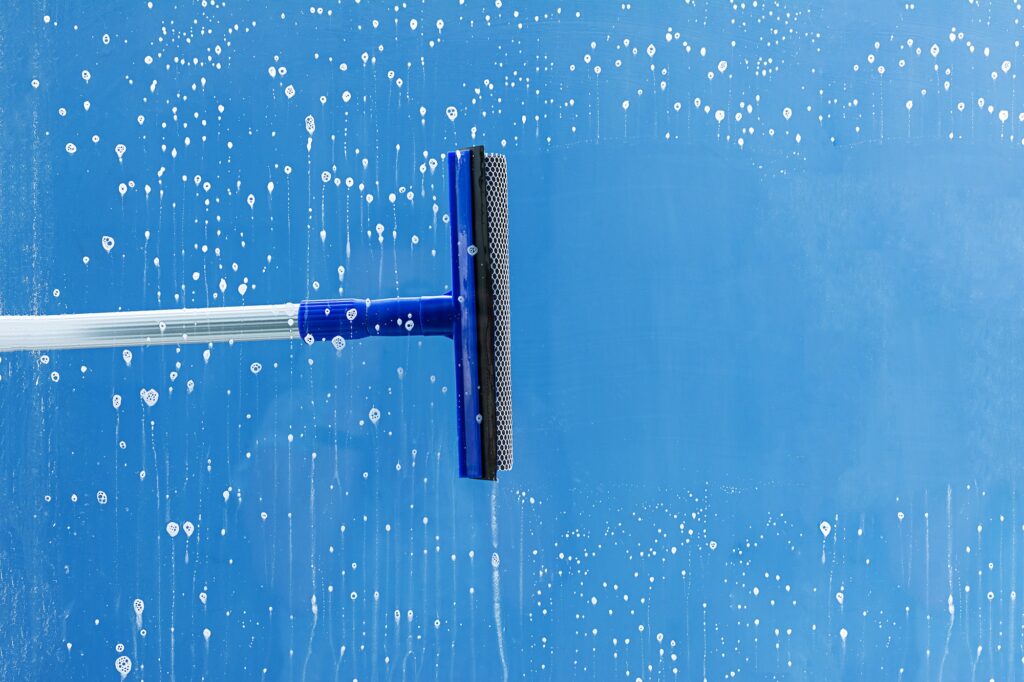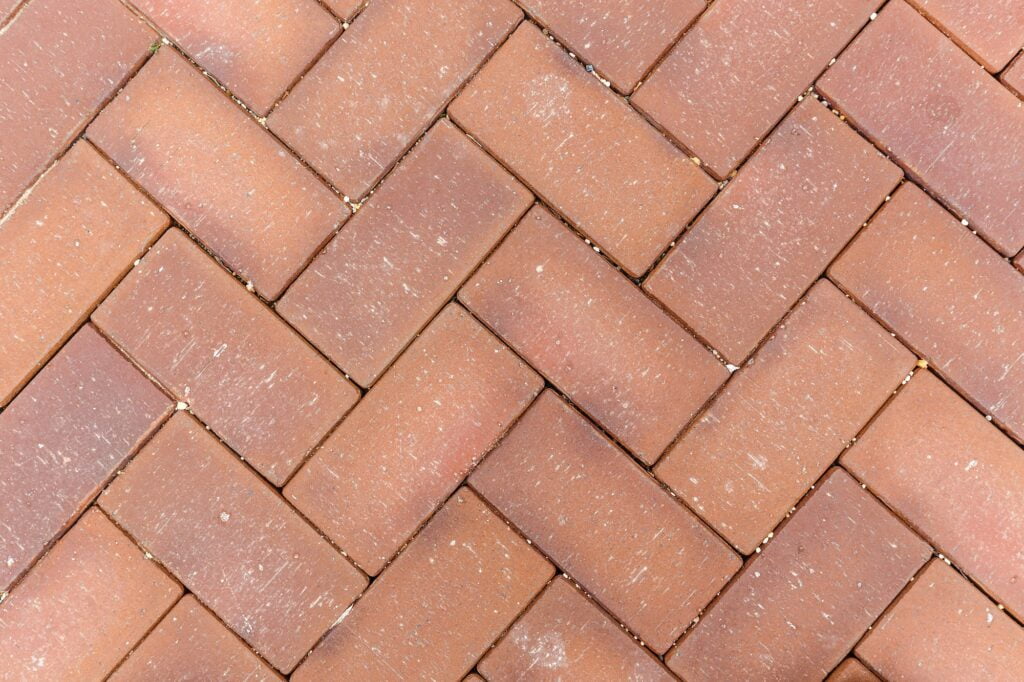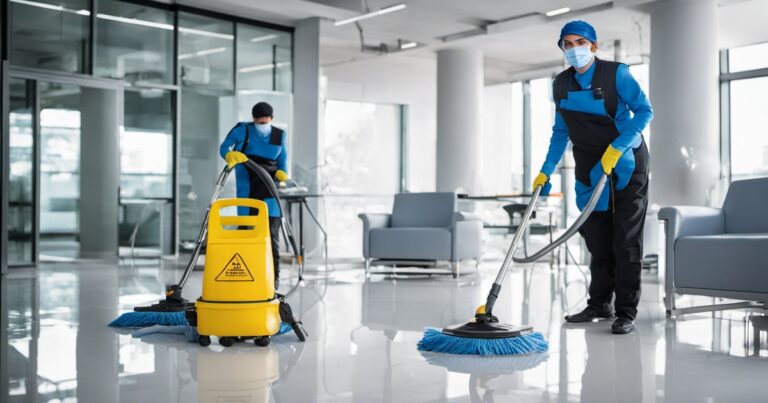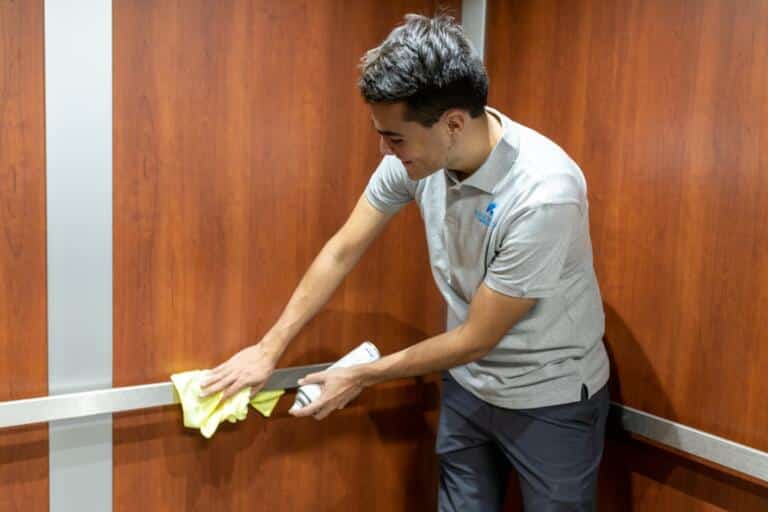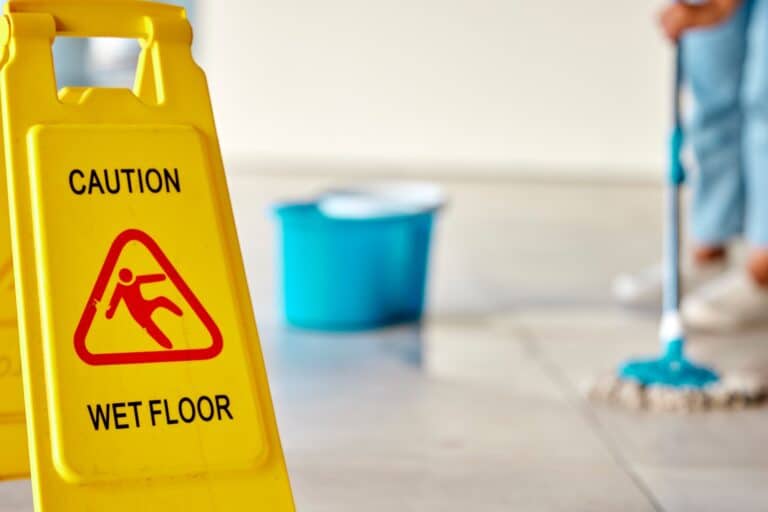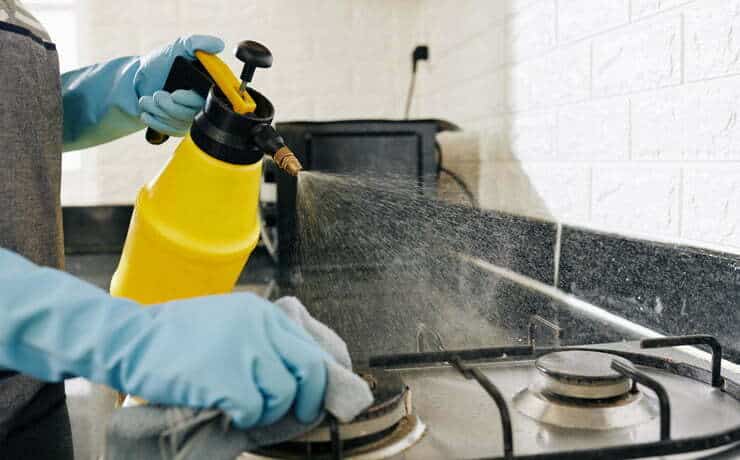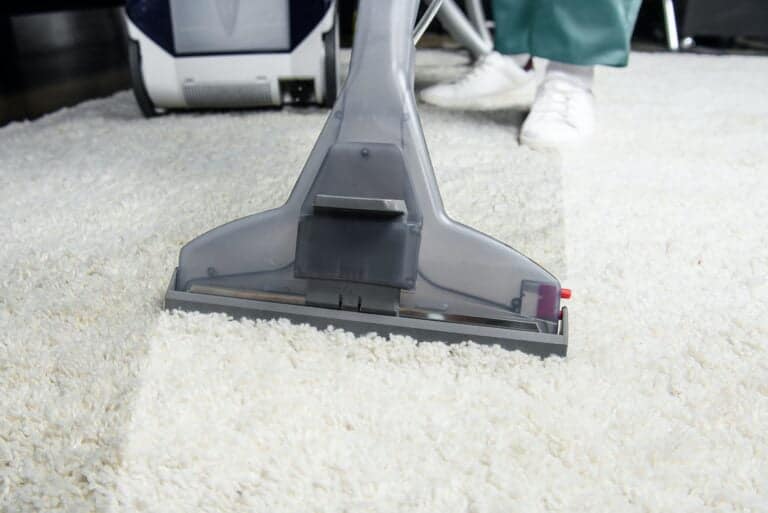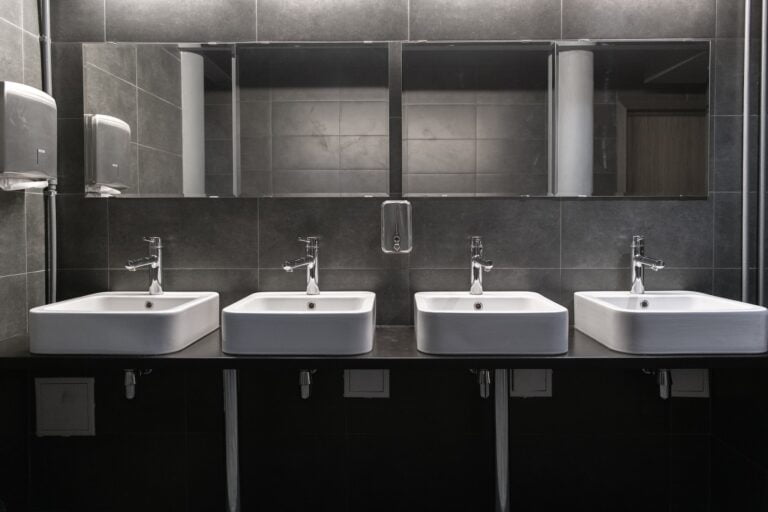A clean and hygienic work environment is essential for any business to thrive. It not only enhances the appearance of your workspace but also boosts employee productivity and reduces the risk of illness. With various cleaning services available, it can be challenging to determine which option best suits your business’s needs.
Two popular choices for businesses are regular office cleaning and deep office cleaning. This blog post will explore the advantages and differences between these two cleaning services, helping you decide based on your requirements.
Overview of Regular and Deep Office Cleaning
Regular Office Cleaning
Regular office cleaning typically includes daily or weekly cleaning tasks such as dusting, vacuuming, wiping surfaces, sanitizing restrooms, and emptying trash. Regular cleaning helps maintain a tidy and organized workspace, reducing clutter and ensuring a pleasant working environment.
Deep Office Cleaning
On the other hand, deep office cleaning involves a more comprehensive cleaning process targeting areas not typically covered during regular cleaning. This includes carpets, upholstery, window blinds, break rooms, and conference rooms. A deep cleaning helps eliminate ingrained dirt, bacteria, and germs in hard-to-reach areas, ensuring a thorough and sanitary work environment.
Why Your Office Needs a Deep Cleaning
According to a study by the Harvard Business Review, employees who work in a clean office are more productive and take fewer sick days. Deep office cleaning creates a healthier, more comfortable space for employees and visitors. Removing germs and bacteria from high-touch surfaces can significantly reduce the spread of illness, leading to higher attendance rates and productivity levels.
Comparing Regular and Deep Office Cleaning
Equipment and Products Used
Regular office cleaning involves essential equipment such as dusters, vacuum cleaners, and cleaning chemicals for surfaces and restrooms. In contrast, deep office cleaning requires specialized equipment such as carpet extractors, steam cleaners, and various cleaning agents specifically designed for deep cleaning tasks.
Cost
While regular office cleaning may be more affordable in the short term, the long-term benefits of deep cleaning can outweigh its costs. Regular cleaning only addresses surface-level dirt and grime, while deep cleaning eliminates bacteria, allergens, and hidden dirt, prolonging the lifespan of your office fixtures and appliances. Furthermore, outsourcing deep cleaning to a professional cleaning service can save you money on labour costs, equipment, and maintenance.
Frequency
Regular office cleaning is typically performed daily or weekly, depending on the size and nature of your business. Deep office cleaning, however, is usually recommended once per quarter, depending on the industry you operate in and the size of your premises.
Choosing the Right Cleaning Service for Your Business
When choosing a suitable cleaning service for your business, consider the following factors:
- The nature of your business: If your business involves high foot traffic or operates within a highly regulated industry, a regular deep cleaning may be necessary to ensure compliance and maintain a professional image.
- Budget constraints: While both cleaning services are essential for a healthy work environment, prioritize your budget by assessing the level of cleanliness required in your specific workspace.
- Employee wellness: Investing in a clean and hygienic office environment can boost employee morale and productivity, making deep cleaning services a worthwhile investment.
Both regular and deep office cleaning services are crucial in maintaining a clean and healthy work environment. Understanding the differences between these two services



